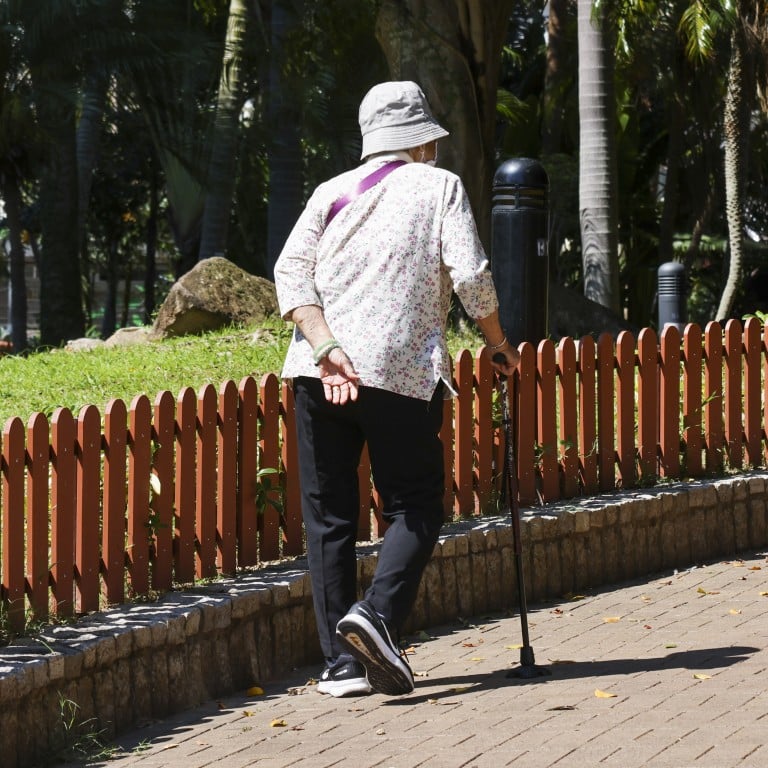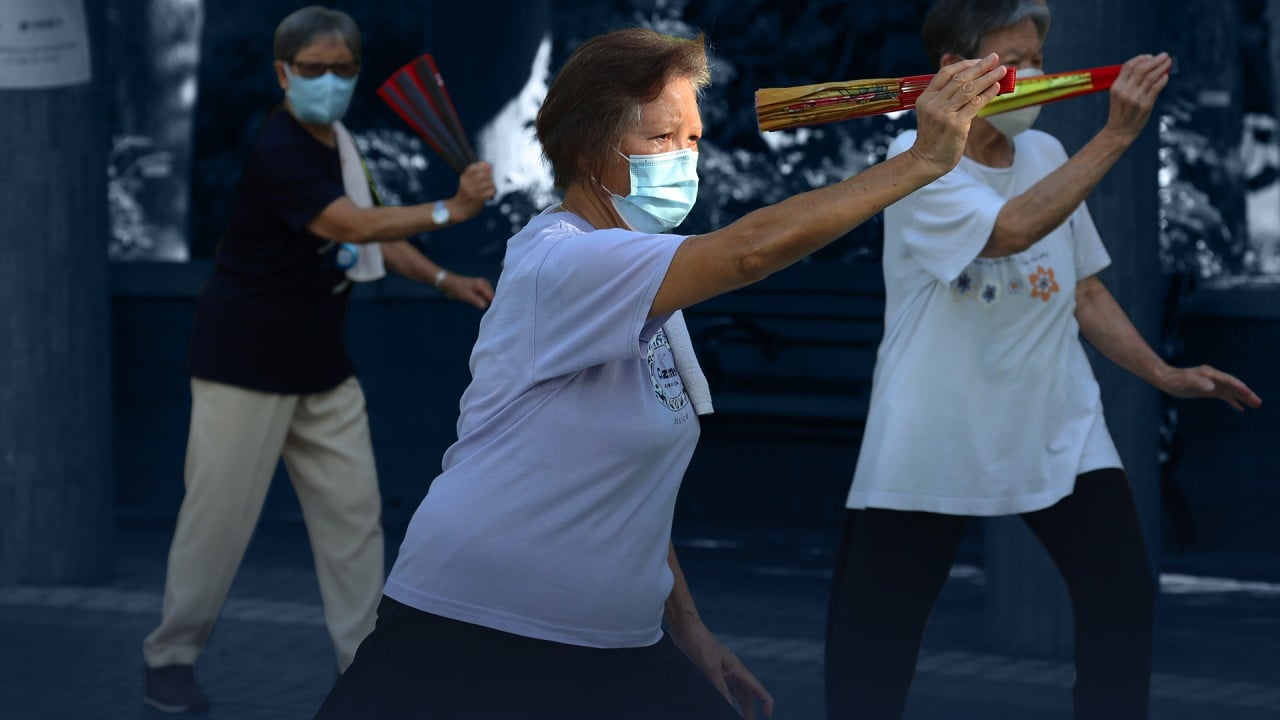
More empathy, understanding needed before euthanasia conversation can start in Hong Kong
- Patients in need should be informed of all the options they have and get access to professional advice and appropriate services before ending their lives
- Seeking to end their life without thorough consideration and adequate support is not really a choice but a compromise
However, many elderly people have at least one chronic illness. Hence, the presence of physical illness does not necessarily lead to a wish to die.
From some suicide notes, we see not only a person’s suffering and despair but also their fear and worries arising from uncertainty. Fear of progression of diseases could come along with the diagnosis of a terminal illness.
The patient might also worry about becoming a burden to their family over the potential medical costs, creating trouble for the family members who provide the support and mourning the loss of being able to take care of themselves. In some cases, family members might also feel some guilt from missing the opportunity to care for them.
Therefore, there are two issues that we should focus on: treating their physical pain and reducing their mental suffering. To tackle these concerns, both public hospitals and non-government organisations in Hong Kong provide end-of-life care services.
Hence, it is vital to raise public awareness and improve the public’s perception of palliative care. It does not mean giving up on the patient but providing the most suitable treatment for their comfort and their dignity.
Patients in need should be informed of all the options they have and get access to professional advice and appropriate services. Seeking to end their life without thorough consideration and adequate support is not really a choice but a compromise.
Assisted suicide for being poor in Canada?
For instance, a 61-year-old man in Canada was recently “put to death”, as his family put it, and the reason listed on his application for euthanasia was “hearing loss”. The family reported the case to police and authorities, arguing it was improper for the hospital staff to process his request as it was beyond his capability to fully understand the process and his suffering was not unbearable.
Self-determination and the autonomy of a patient are highly valued. It is not a sufficient reason for euthanasia, though, especially when it seems to be a compromise rather than a genuine choice.
Everyone is going to face the inevitable, so let’s handle it with lots of empathy, care and support. Start well and finish well.
Joyce Liu is a project manager at the Hong Kong Jockey Club Centre for Suicide Research and Prevention at the University of Hong Kong
Paul Yip is director of the Hong Kong Jockey Club Centre for Suicide Research and Prevention




